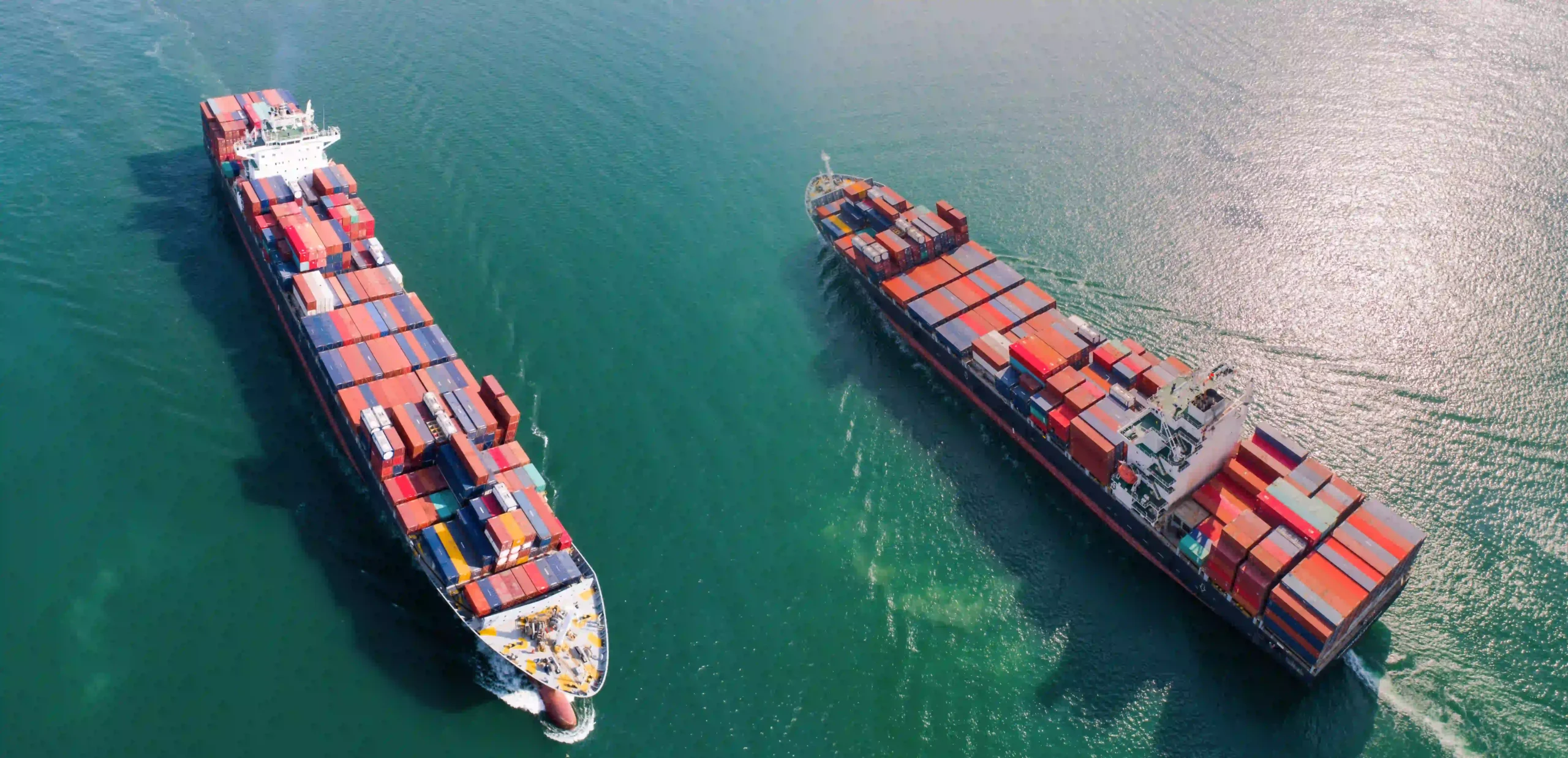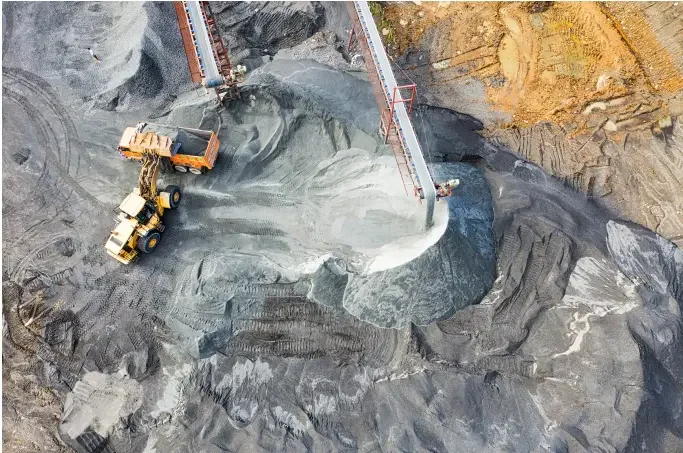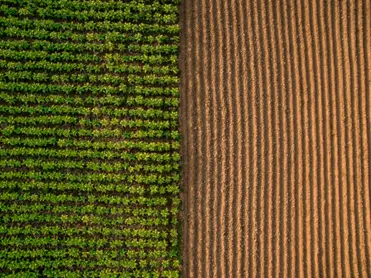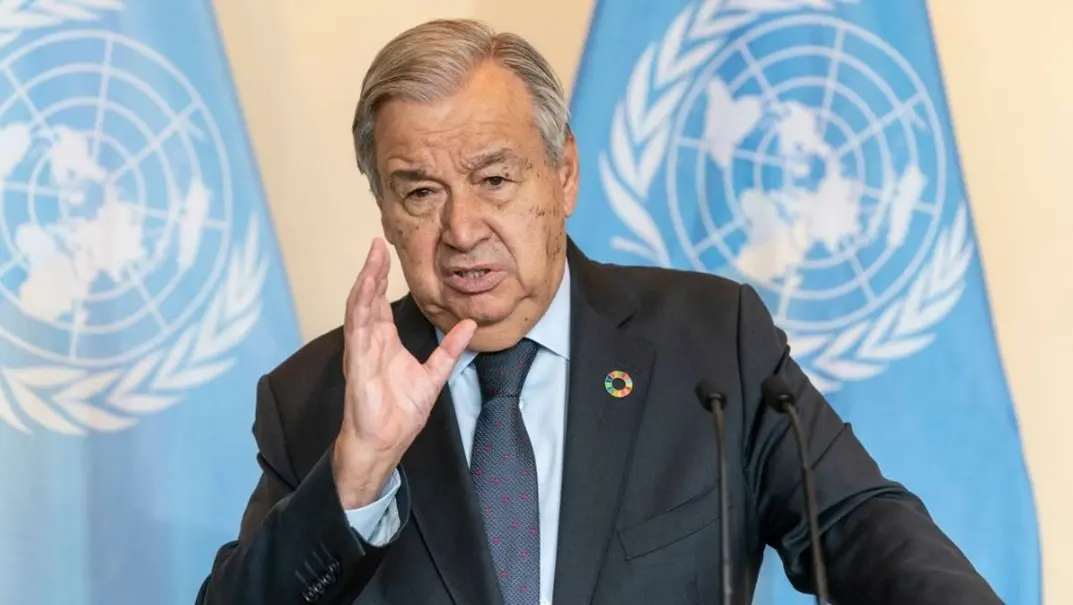1 Mar 2023
Have Netanyahu’s Judicial Reforms Opened an Existential Can of Worms?
Israel’s proclaimed status as the only democracy in the Middle East is coming into question as enraged Israelis take to the streets to protest the governments’ most recent proposals. Netanyahu’s controversial right-wing government’s attempt to overhaul the judiciary has intensified polarization and widened the longstanding gaps between the right and left as well as the secular and the religious segments of society. The proposed law, which would allow the government to override court decisions by a simple majority and make its own judicial appointments, has already passed votes in a session of the Knesset Law and Constitution Committee to go to its first reading at the Knesset on February 20th, supposedly leaving time for the sides to attempt a negotiation process.
However, as trust in political parties and the formal democratic process has declined, protesting until the decision is reversed appears to be the left’s only option as protests continue for the seventh week. Still, whether the outcome is a reversed decision or a prolonged negotiation process, the current situation has arguably been a catalyst for a societal transformation that may have been long overdue for Israelis. For years, many have been asking “what happened to the Israeli left?” but the process currently unfolding may have greater implications. The question now is, how significant is this transformation, to what extent can it penetrate and reshape some of the most deeply rooted elements of Israeli political culture and what impact could this potentially have on the conflict with Palestine?
25 Feb 2023
Radical Transformations: Repercussions of Russian Oil Price Cap on Global Energy Trade Paths
In February 2023, the European Union (EU) agreed to set a price cap on Russian refined oil products at $100 per barrel. The EU also set the price cap on Russian crude oil at $45 after setting it at $60 per barrel in cooperation with the Group of Seven (G7) countries in early December 2022, according to a periodic review every two months.
The European decision aims to control energy prices generally and stop price fluctuations that have affected global markets since the Covid-19 pandemic and the following events, particularly the commodity supercycle and the Russian-Ukrainian war. Furthermore, the Europeans aim to cut off the funding sources from the Russian federal budget that funds the military operation in Ukraine. In 2021, Russia exported oil worth around $212.4 billion of its $492.3 billion total exports to the rest of the world.
In response, the Russian government issued a decree on December 28, 2022, prohibiting the export of crude oil and petroleum products to countries with imposed price caps. Europe is the third-largest oil importer in the world after China and the United States. Conversely, Russia ranks first on the list of suppliers to the European continent while ranking second worldwide regarding oil exports. Therefore, we track in this article how the price cap decision may alter the global energy transmission paths.
15 Feb 2023
Rare Earth Elements: Uses and Implications of New Discoveries
Rare earth elements (REEs) are a group of 17 elements that are crucial for the production of a wide range of high-tech products. Ironically, REEs are not “rare” and are found abundantly throughout the world, however, when found they are in such low concentrations that extraction is not feasible. Furthermore, when found in higher concentrations they must be separated from other elements, a process that is both environmentally and financially costly.
REEs are vital for several industries and are used in electronics, military technology, and most importantly, renewable energy. Although substitutes exist for REEs with producers attempting to replace them, REEs continue to be more effective, therefore, given their importance in the production of renewable technologies such as wind turbines and electric vehicles, demand is expected to increase, with the European Union (EU) alone expecting REEs needs to increase fivefold as it and the rest of the world transitions to net-zero.
Currently, China dominates the global REEs market, accounting for over 35% of the world’s REEs reserves and 70% of production. China's domination of the REEs market has raised concerns over supply chain security, dependence on China, and China’s use of REEs as a political bargaining piece; such as when it cut exports to Japan following the arrest of a Chinese sailor by Japan. Recently, discoveries of REE deposits in Norway and Sweden have made headlines. The discoveries could have the potential to disrupt the market and have far-reaching implications.
10 Feb 2023
Green Protectionism? Looking at Europe’s Agricultural Policy
The European Union’s position as a leader in sustainability and environmental protection is coming into question with the bloc’s recent programs and policies mainly, the new Farm to Fork strategy and the updated Common Agricultural Policy. On the one hand, the EU faces criticism from non-governmental organizations and scientists regarding the extent to which policies are actually “green” and on the other hand they also face pressures from farmers and cooperatives who are concerned about the implications of policies on farmers and production. Additionally, there is cause for concern about the impact on agricultural production and food security in developing countries. Since contemporary agriculture is not a closed autonomous system, rather one where policy changes create shifts in agrarian markets that ripple across all sectors and throughout the global economy, and Europe has one of the world’s largest agriculture industries, it is imperative to evaluate the current trajectory of green agricultural policies in order to identify if, when and how this will cause a shift in agricultural practices and markets globally. The question is, are Europe’s efforts to make agriculture sustainable genuine or is there a glass ceiling on reforms? And what could this mean for developing countries that are just starting on the sustainability path?
8 Feb 2023
Racing Against Time: Climate Action in Crisis
Climate change is a global reality that is growing more urgent by the minute, particularly for developing countries which research has shown are the most affected and expected to continue being the most affected by climate change. Globally, the last eight years have been the warmest on record with parts of the world experiencing unprecedented summer temperatures and prolonged heatwaves. Nearing the end of 2022, a consortium of international organizations issued a statement about the severity of the longest drought in the history of Horn of Africa which is creating a rapidly deteriorating food security crisis in Somalia, Kenya and Ethiopia. The world is also witnessing a higher frequency of natural disasters such as the extreme rainfall and flooding that had a devastating impact on countries such as Pakistan where 33 million people were displaced. Pakistan, which is responsible for less than 1% of global greenhouse gas emissions, now has to spend an estimated $16 billion on reconstruction, half of which have been pledged by foreign donors.
The reality that many of the countries with the lowest carbon emissions are now facing the highest level of vulnerability makes the climate issue global not only in it terms of impact but also in terms of responsibility and action. Accordingly, plans to alleviate and reverse the effects of climate change are already underway and being led by developed nations who have the capacity to adapt and provide assistance to developing nations through climate finance. However, as climate change and its effects accelerate and targets are repeatedly missed, it has become necessary to reevaluate the effectiveness of the current course of climate action to identify the most significant hindering factors.




